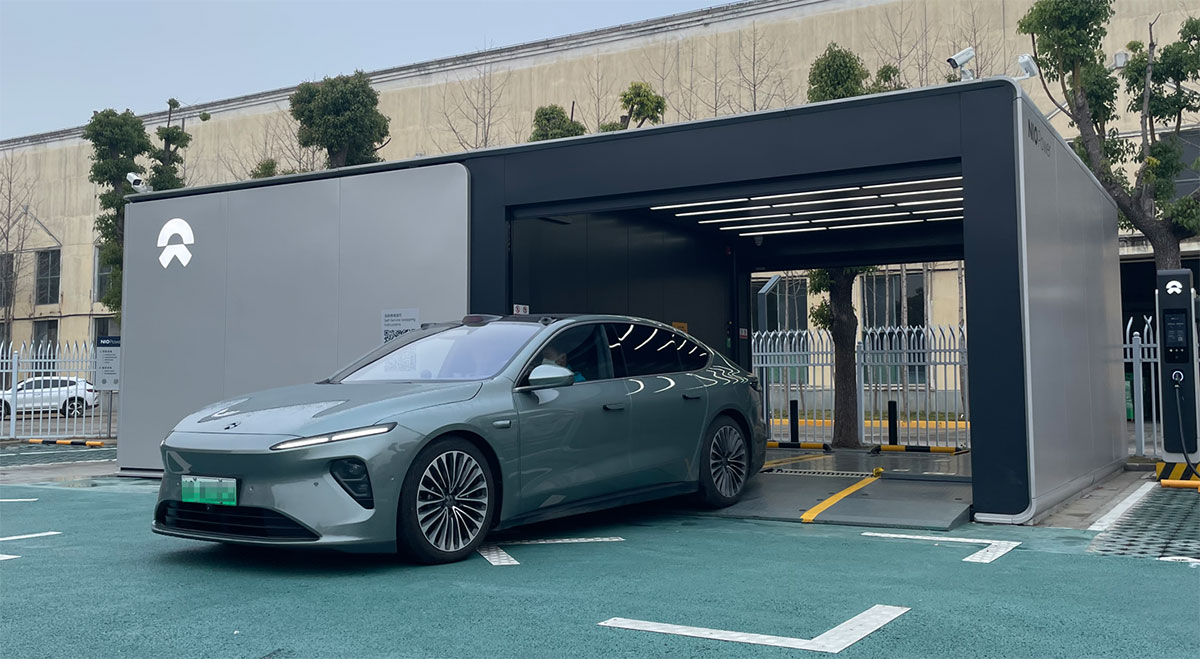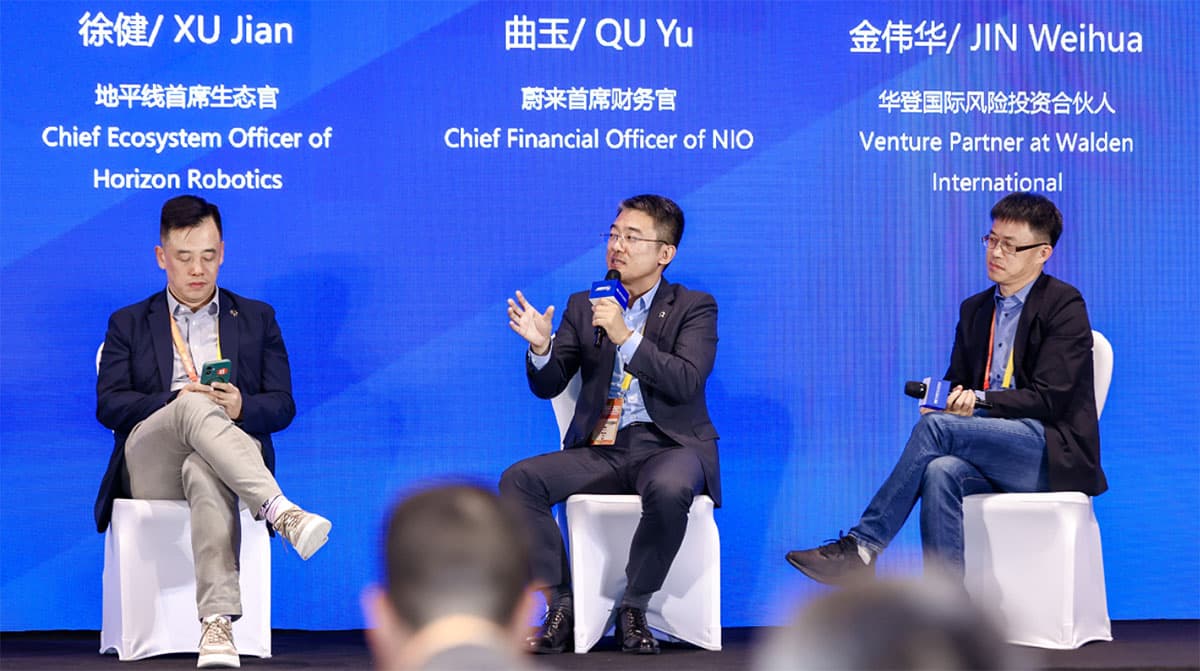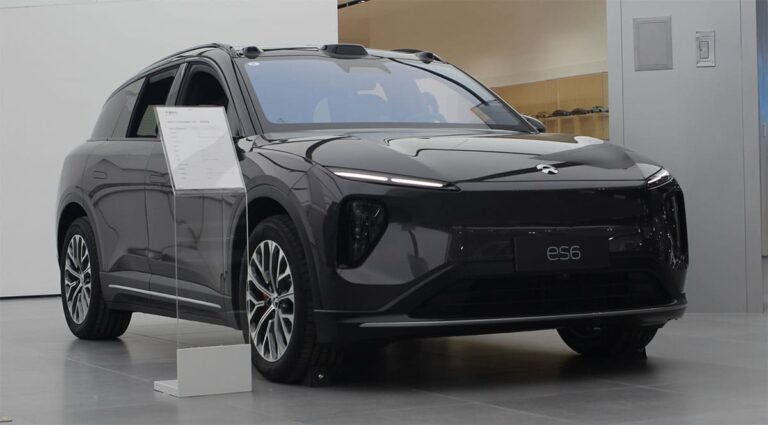A battery swap station can break even if it serves 60 to 70 times a day, Nio's CFO said.

Nio (NYSE: NIO) already has more than 150 battery swap stations in Shanghai, where it is headquartered, with the vast majority providing more than 100 services a day, said Stanly Qu, CFO of the Chinese electric vehicle (EV) maker.
Qu mentioned the figure yesterday at a forum organized by the China Society of Automotive Engineers in Chongqing, southwest China.
From an enterprise value perspective, the business case for the battery swap service is clear: a battery swap station can break even with 60 to 70 services a day, he said.
Nio's latest fourth-generation battery swap station can provide up to 480 services a day, he added.
Since its inception, Nio has always been committed to long-termism and doing the hard but right thing, and the construction of battery swap stations is a prime example of this, Qu said.
He believes that many people have misunderstood Nio's battery swap service. It's not just a technological innovation, it's a business model innovation, and it's a sustainability innovation, Qu said.
In terms of user value, battery swap enables drivers to replenish energy in three minutes, which is more convenient than refueling, he said.
Users also have the flexibility to upgrade their battery packs, leading to cost savings, Qu said.
In terms of social value, battery swap extends the life of the battery, and the unused capacity of battery swap stations can interact with the grid, contributing significantly to society, he said.
This is a rare public speech by Qu, who joined Nio in October 2016 and succeeded Steven Feng as the company's CFO in July this year.

As of now, Nio has 2,651 battery swap stations in China and 159 in Shanghai, according to data compiled by CnEVPost.
The company has 58 battery swap stations in Europe, including 20 in Norway and 19 in Germany.
During its second-quarter earnings call on September 5, Nio management said the a swap station could break even if it provides 60 services per day and charged a fee comparable to the cost of supercharging.
Nio had more than 2,500 battery swap stations at the time, providing an average of 30-40 services per day per station.
The company will announce its unaudited financial results for the third quarter of 2024 on Wednesday, November 20, before the US markets open, and will celebrate its 10th anniversary on November 25.
At yesterday's event, Qu also mentioned that Nio has invested more than $50 billion ($6.9 billion) in research and development in its ten years of existence.
Starting from 2022, Nio has basically maintained its R&D investment at the level of RMB 10 billion per year, and basically maintains around RMB 3 billion per quarter, he said.
The Nio team currently has about 11,000 engineers and a total of 9,300 patents pending and granted worldwide, according to Qu.
Nio compares favorably with domestic and foreign car companies in terms of the intensity and efficiency of its R&D investment, he said.
The company's in-house R&D has resulted in 12 full-stack technologies, including the Shenji NX9031, a smart driving chip manufactured using a 5 nm automative-grade process, and SkyOS, a vehicle operating system, Qu noted.
Shenji NX9031 has seen successful tape-out and will be used in the production vehicle ET9 in the first quarter of next year, a year before Nvidia's Thor chip goes into service, he said.
($1 = RMB 7.2465)
